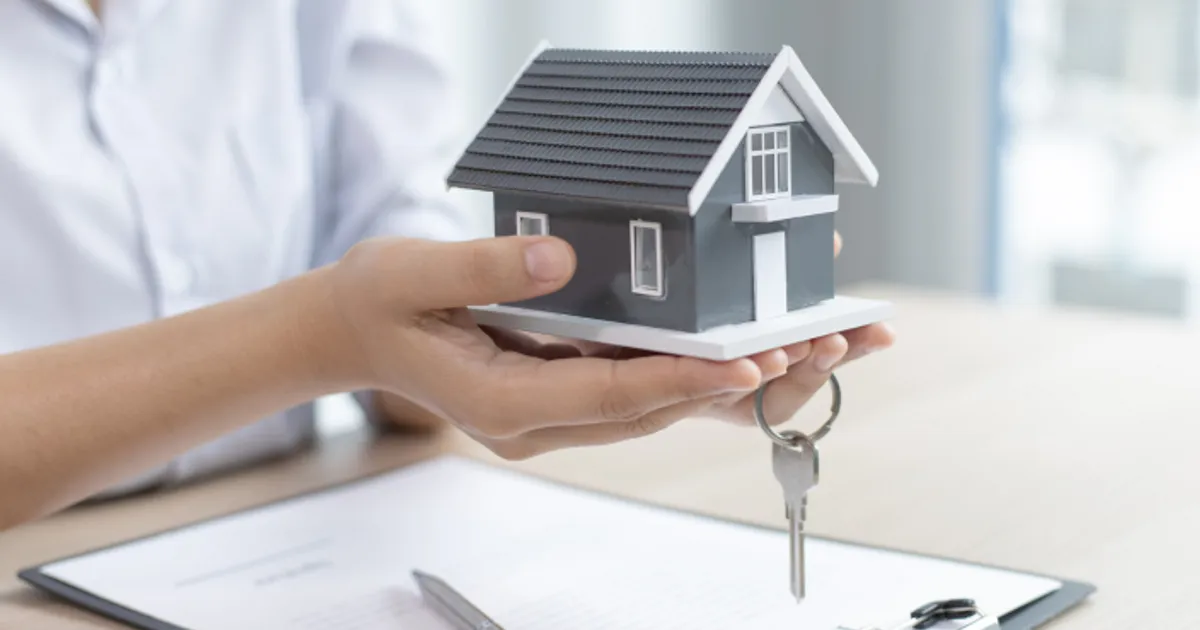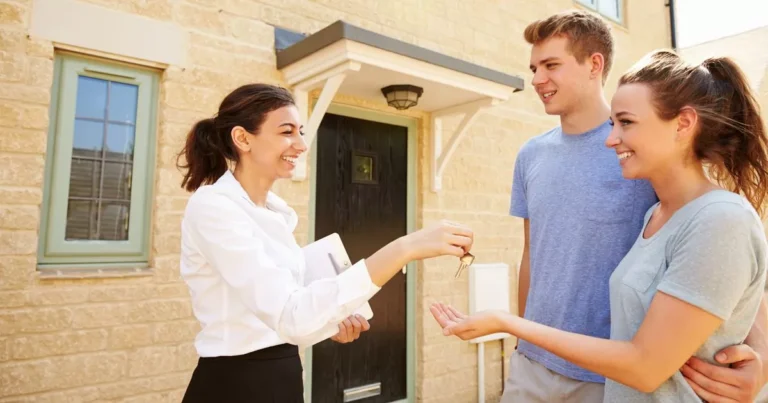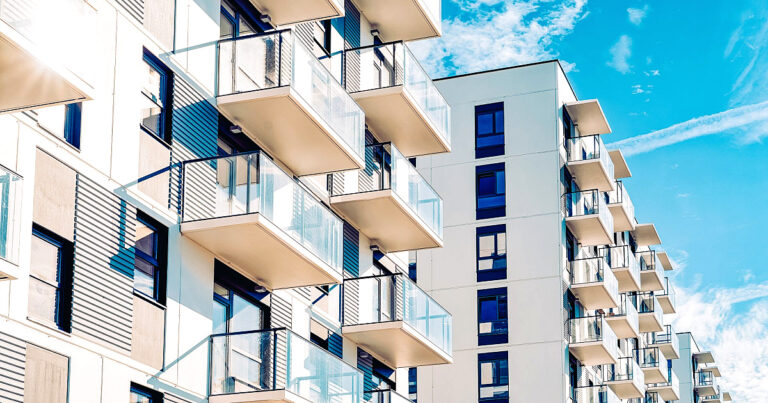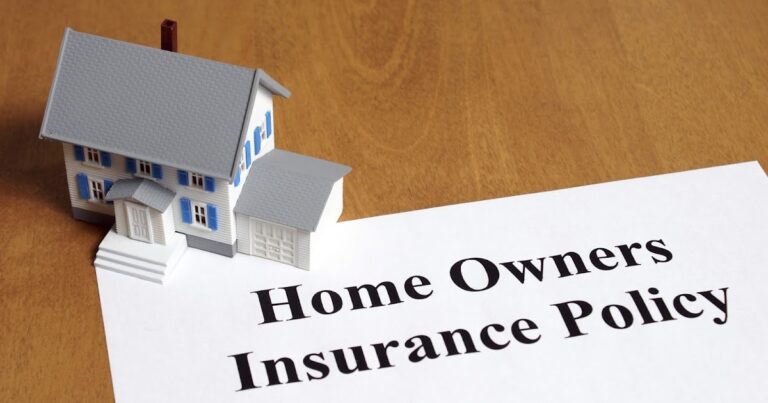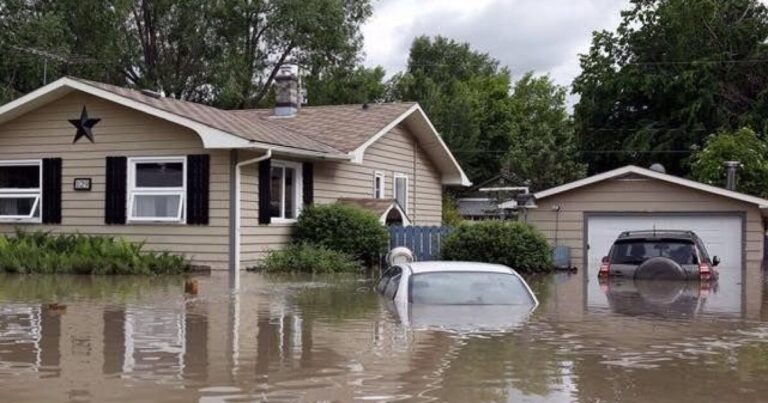Mobile Home Property Insurance: Why It Matters More Than You Think
Owning a mobile home is a unique lifestyle choice. It is flexible, efficient, and often more affordable than traditional housing. That also means your insurance should be just as specialized. Mobile home property insurance is not just another box to check. It is a vital safeguard for your home, your belongings, and your peace of mind.
At its core, mobile home property insurance is homeowners insurance tailored for manufactured or mobile homes. These structures come with different construction standards, placement methods, and risk profiles compared to traditional homes. That means you need a policy designed to protect your specific circumstances. If you are unsure how this differs from a standard policy, you can read our full guide on homeowners insurance.
A typical plan covers several key areas. It protects the dwelling, including walls, roof, and built-in appliances. It covers personal property like furniture, electronics, and clothing. You also get liability coverage if someone is injured on your property. Many plans extend to natural disasters, theft, accidental damage, and more depending on your choices.
Mobile homes often sit in rural areas, mobile home parks, or flood-prone regions. They can be more vulnerable to extreme weather, theft, or structural damage because of lighter construction and location. A strong insurance policy steps in to cover costs when the unexpected strikes, protecting both your property and your financial security. For risks like flooding, you may need separate protection through a flood insurance policy.
What Mobile Home Property Insurance Covers
Dwelling coverage protects the main structure of your mobile home, including walls, roof, permanently installed appliances, and sometimes attached decks or porches. If your home suffers damage from fire, windstorms, hail, lightning, or vandalism, insurance helps you rebuild or repair without paying the full cost out of pocket.
Personal property coverage extends protection to your belongings. Think clothing, electronics, books, and kitchenware. If these items are stolen or destroyed in a covered event, your policy can help replace them. Some policies offer replacement cost value, which means you receive the full value to purchase new items instead of a reduced payout after depreciation.
Liability protection covers situations where a visitor is injured in your home or your pet causes an accident. It helps settle medical bills and legal costs, including legal defense and settlements if you are sued. Whether you are hosting friends or renting out your mobile home, this protection is essential.
Additional living expenses coverage, sometimes called ALE, kicks in if your home becomes uninhabitable due to damage. It pays for hotel stays, meals, and temporary rentals while your home is repaired. The goal is to keep your life as normal as possible during disruption.
Other structures coverage protects detached buildings such as sheds, fences, or garages. If these are damaged by the same covered events as your dwelling, insurance helps with repair or rebuilding costs.
What Mobile Home Insurance Does Not Cover
It is equally important to know what is excluded. Standard policies do not cover flood damage, so you would need a separate flood policy through the National Flood Insurance Program. Earthquake damage requires a special endorsement. Wear and tear, pest damage, and routine maintenance are not included. Neither is intentional damage nor neglect.
Types of Mobile Homes Insured
Most insurers provide coverage for a variety of manufactured homes. These include single-wide homes, which are narrow and compact; double-wide homes with layouts closer to traditional houses; modular homes that are built in sections and assembled on-site; and park model homes designed for resort or seasonal living.
How Much It Costs
The cost of mobile home property insurance depends on many factors. Location matters, especially if you live in a high-risk area for storms or floods. The age and condition of your home affect pricing since older or poorly maintained homes cost more to insure. The value of your home and your chosen coverage limits also play a role. Higher deductibles lower your premiums but increase your out-of-pocket expense when you file a claim. Adding safety features like smoke alarms and tie-downs can reduce costs.
On average, policies range from about three hundred to one thousand dollars per year. Coastal or high-risk zones often see higher premiums. If you want to compare this with other policy types, check our breakdown of property insurance options.
Best Providers in the United States
Several insurers are recognized for strong mobile home coverage. Allstate offers customizable policies and bundling discounts. State Farm is known for comprehensive coverage and reliable customer service. Foremost specializes in mobile and manufactured homes with flexible options for older units. American Modern Insurance is praised for endorsements and rental coverage. Progressive offers competitive rates and attractive bundle discounts.
Choosing the Right Policy
Finding the best policy takes some research. Compare quotes from at least three insurers to get value. Look at financial strength ratings from agencies like A. M. Best. Read customer reviews on platforms such as Trustpilot or the Better Business Bureau. Pay attention to coverage details like limits, deductibles, and exclusions. Ask about discounts for safety features, multiple policies, or a clean claims history.
You can also visit our guide on disaster insurance for a broader look at how different policies overlap and protect you.
Ways to Save on Premiums
There are smart steps you can take to reduce costs. Install smoke detectors, security systems, and weatherproofing. Bundle mobile home insurance with auto or life insurance. Choose a higher deductible if you are confident you can cover it. Maintain a clean claims record. If your budget is tight, you might consider actual cash value coverage, though it pays less since it factors in depreciation.
Mistakes to Avoid
Common mistakes can leave you underprotected. Do not underinsure your home just to save money because gaps in coverage can cost you much more later. Always read the fine print to avoid surprises when filing a claim. Do not ignore the need for flood or earthquake insurance in high-risk areas. Update your policy after renovations or upgrades so your coverage matches your home’s new value.
The Future of Mobile Home Insurance
Insurance is changing with technology. As climate risks increase, insurers are updating risk models and introducing smarter policies. Expect innovations such as drone inspections, artificial intelligence in claims processing, and integration with smart home devices. These advances aim to improve speed, accuracy, and convenience.
Final Thoughts
Mobile home property insurance is not just another bill. It is a shield for your home, your finances, and your future. It helps you navigate sudden damage or disaster without losing your stability. Whether you are moving into a new modular home or staying in your current space, the right policy means you are covered when it matters most.
Your mobile home is more than a structure. It is your sanctuary. Protect it with insurance that is built for your life. For more insights, explore our guides on homeowners insurance and flood and disaster insurance to build a full protection plan.
